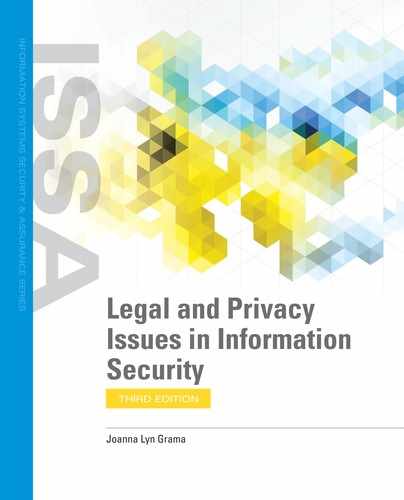Why Is Accurate Financial Reporting Important?
Enron was one of many large corporate scandals in the early 2000s that shook investor confidence in the U.S. economy. Because of the scope of the fraud and the damage to Enron investors, the U.S. Congress held numerous hearings and committee meetings related to the aftermath of the scandal.11 Enron significantly misstated its financial condition in the financial statements that it filed with the SEC, leading its investors to lose money because of these fraudulent financial statements.
The Enron scandal showed why accurate financial information is important. Enron was able to sustain itself for at least 5 years because of inaccurate financial reporting. During this period, financial analysts continued to recommend its stock as a good investment. The public and Enron employees invested in it. However, these people had significant losses when Enron’s troubles became public and the company finally declared bankruptcy. Enron duped its investors. By the time everyone knew the truth, it was too late to recover investment losses. Investors thus lost confidence in large public companies.
The financial statements that a company files with the SEC are among the main sources of information that investors use to research that company. These documents help investors determine the true financial condition of a company. After the Enron scandal, the SEC required more information to be reported on these forms. It also required that the accuracy of these forms be certified in several different ways.
Public companies are required to file several financial disclosure statements with the SEC. These forms help investors understand the financial stability of a company. The most commonly filed forms are:
- Form 10-K—Annual report
- Form 10-Q—Quarterly report
- Form 8-K—Current report
A company uses Form 10-K to file its annual report. Federal law requires that publicly traded companies submit these reports each year. Depending on their size, companies must file this report within 60 to 90 days after the end of their fiscal year. The larger a company is, the faster it has to file its report.
Form 10-K is a very detailed disclosure of a company’s financial condition. A company must fully describe its business in its 10-K disclosure, explain how it is organized and how it operates, and provide its financial statements. These statements include balance sheets, statements of income and cash flows, and statements of shareholder equity. An independent auditor must audit the company’s financial statements, and the auditor’s report must be included in the Form 10-K filing. In addition, the CEO and CFO of a company, as well as the majority of the company’s board of directors, must sign the company’s Form 10-K.
Form 10-Q is a company’s quarterly report, which is required by federal law. Companies must file these reports after the end of each of their first three quarters in a fiscal year. These reports are usually less detailed than the end-of-the year 10-K filing. Depending on their size, companies must file this report within 40 to 45 days after the end of each fiscal quarter.
Companies must file Form 8-K if they experience a major event that could affect their financial condition, because shareholders and investors should know about these events. Companies must file a Form 8-K with the SEC within 4 days of a major event.12 This period is shortened in some instances. For example, a company must file Form 8-K with the SEC immediately if it becomes aware of insider trading activities.
FYI
A company’s two main financial documents are its balance sheet and profit and loss statement. The balance sheet provides a summary of the company’s financial condition at a certain period. This is commonly prepared on a monthly basis. A profit and loss statement is used to determine whether a company made a profit during a certain period.
General events that trigger a Form 8-K disclosure requirement include:
- Filing for bankruptcy
- Selling off significant assets
- Acquiring another company
- Getting a loan
- Board member resignation
- Board member elections
- Any changes to board governance documents
People need accurate financial information so that they can invest wisely and make money. Therefore, the SEC recommends that potential investors carefully review a company’s prospectus and financial reports. You can read the SEC’s list of information that investors should review before investing at http://www.investor.gov. The benefit of reviewing information from several different sources is that an investor can get a better picture of a company’s financial condition.
It can be very hard for investors to detect fraud, as was the case in the Enron scandal. Therefore, the SEC recommends that investors look for potential red flags as they review a company’s financial condition. Red flags include companies that have high-value assets, but low revenues. It also includes odd items listed in the footnotes of the company’s financial statements. Both of these red flags were present in the Enron scandal.
